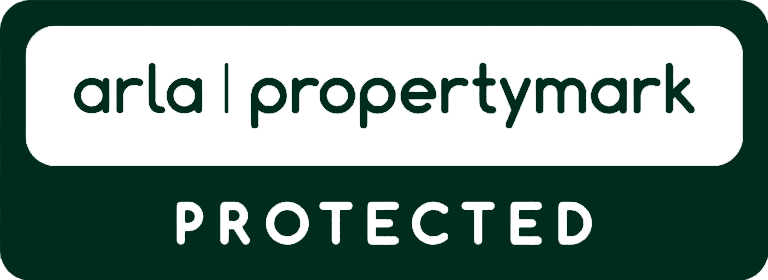The Essential Maintenance Checklist Every Flat Owner Needs
Here’s our in-depth guide to help you navigate your responsibilities, and ours.
Owning a flat in a managed building brings many benefits. Secure communal areas, shared maintenance costs, and a professional overseeing the day-to-day running of the building. But it can also raise questions: What exactly am I responsible for as a flat owner? And what flat maintenance does my managing agent take care of? At Brompton Block Management, we believe in clear communication and shared responsibility. Whether you’re a first-time leaseholder or a long-standing owner. Understanding the division of duties is key to maintaining a well-run, harmonious block.
Understanding the Basics of Block Maintenance
Residential block maintenance refers to the ongoing management of a building’s shared areas and services. These typically include hallways, stairwells, gardens, bin stores, communal plumbing and electrics, roofing, external windows, lifts, fire systems, and more. Most leaseholders pay a service charge each year to cover these expenses. Managing agents are appointed to ensure these services are carried out to a high standard, on time, and within budget. However, while your service charge covers a great deal, there are also flat maintenance responsibilities that lie with you as the individual flat owner.
These are usually set out in your lease agreement, and it’s important to know where your obligations begin and end.
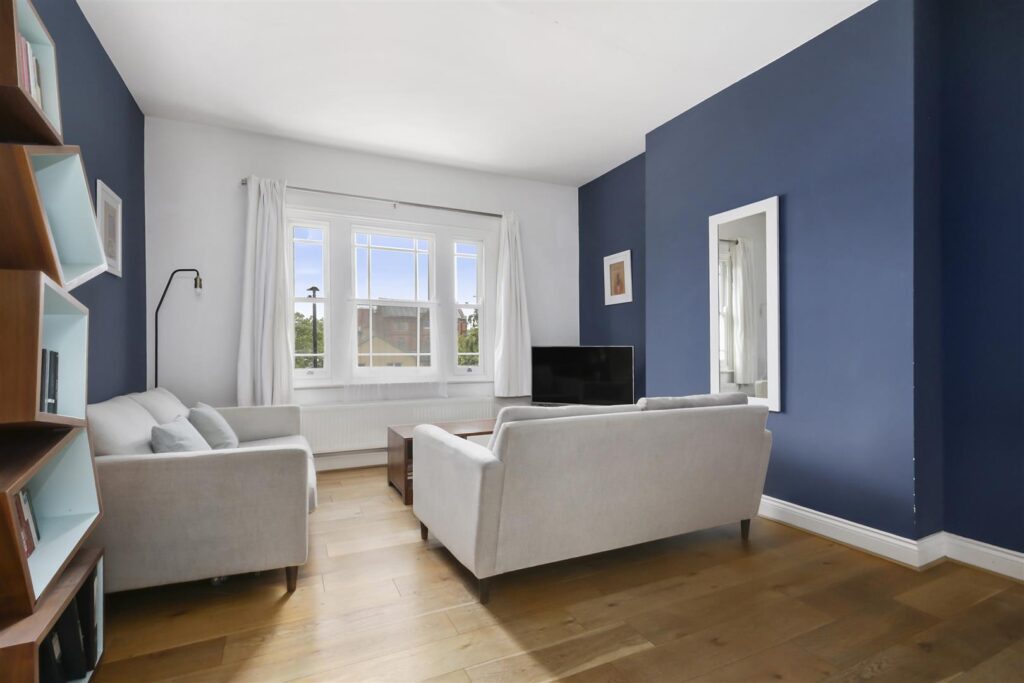
Communal Area Upkeep
The managing agent is typically responsible for the general maintenance and cleaning of all communal areas.
This includes:
Regular upkeep of internal shared spaces such as corridors, entrance halls and staircases. As well as external spaces like gardens, driveways and communal balconies. They’ll ensure lights are working, floors are cleaned, windows are washed, and the building remains in good repair. However, flat owners must play their part too. This means not leaving personal items in shared spaces. Such as bikes, prams or rubbish bags, which can cause obstructions or pose fire risks. It also means promptly reporting issues, like a faulty door entry system or broken lift, so the managing agent can resolve them without delay.
Safety, Servicing and Emergency Repairs
One of the core functions of a managing agent is to oversee scheduled safety checks and emergency maintenance.
This includes:
coordinating annual fire alarm testing, arranging regular servicing for lifts and entry systems, ensuring gas safety checks are carried out in communal boilers, and responding to urgent repair needs – such as a burst pipe in a shared hallway or storm damage to the roof. Flat owners should ensure that the managing agent has access to their property when required, especially if works relate to communal services routed through individual flats (like risers or meter cupboards). They should also report potential hazards early, before they escalate into costly problems. While the managing agent handles the logistics, proactive communication from residents is vital to keeping the building safe and functional.
Insurance and Claims
Managing agents are responsible for arranging and renewing the building’s insurance policy.
This will typically include:
Cover for the structure, communal areas, and public liability. In the event of damage caused by a leak, fire or external impact, the managing agent will handle the claims process, often liaising with surveyors and contractors to carry out the necessary repairs. As a flat owner, it’s your duty to take out your own contents insurance. The building policy won’t cover your personal belongings or any damage originating solely from within your flat. You may also be liable for an insurance excess if a claim is triggered by something within your property; for example, a leak from a washing machine that causes damage to a neighbour’s flat.
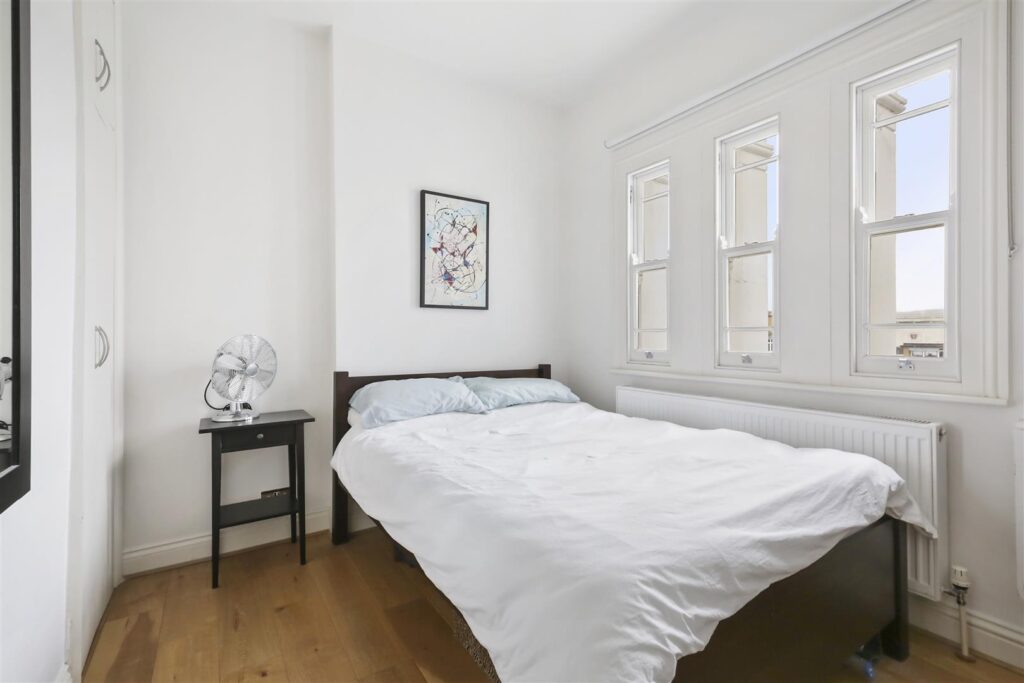
Health and Safety Compliance
Maintaining legal compliance in relation to health and safety is a fundamental responsibility of a block managing agent.
This involves:
Ensuring the building meets requirements for fire safety, asbestos awareness, electrical testing, water hygiene (such as legionella checks), and lift maintenance. Where necessary, the managing agent will arrange for specialist contractors to carry out risk assessments and implement required measures. Leaseholders need to be aware of how their individual actions can affect building compliance. Blocking fire exits, tampering with smoke detectors, or installing unsafe appliances can all impact the safety of the wider building. If you spot anything that seems non-compliant, such as a faulty fire door or unlabelled chemicals in a communal cupboard, it’s important to alert the managing agent straight away.
Long-Term Maintenance and Building Surveys
In addition to everyday upkeep, a good managing agent will plan for the long-term health of the building.
This often involves:
Commissioning building surveys to assess the condition of key components – such as the roof, render, guttering, and windows as well as drawing up a programme of planned maintenance. By spreading these costs over a number of years, major works can be funded in a way that avoids financial surprises. While the managing agent takes the lead on surveys and planning, leaseholders have an important role in reviewing proposals and attending consultation meetings – especially if Section 20 notices are issued for works exceeding a certain cost threshold. Staying engaged ensures that all parties agree on priorities and budgets, and that necessary works are completed with minimal disruption.
Service Charges, Accounting and Meetings
One of the most visible aspects of block management is the service charge.
The managing agent is responsible for:
Setting an annual budget, issuing demands, managing the funds, and providing year-end accounts. They also organise annual general meetings (AGMs), circulate financial updates, and respond to queries from leaseholders. It is your responsibility as a flat owner to pay service charges in full and on time. These funds are essential for the upkeep of the building and the delivery of services. Delayed or missing payments can affect the ability to carry out repairs or pay contractors. Participating in meetings and reviewing accounts is also recommended – it helps build trust, transparency, and a sense of shared ownership among all residents.
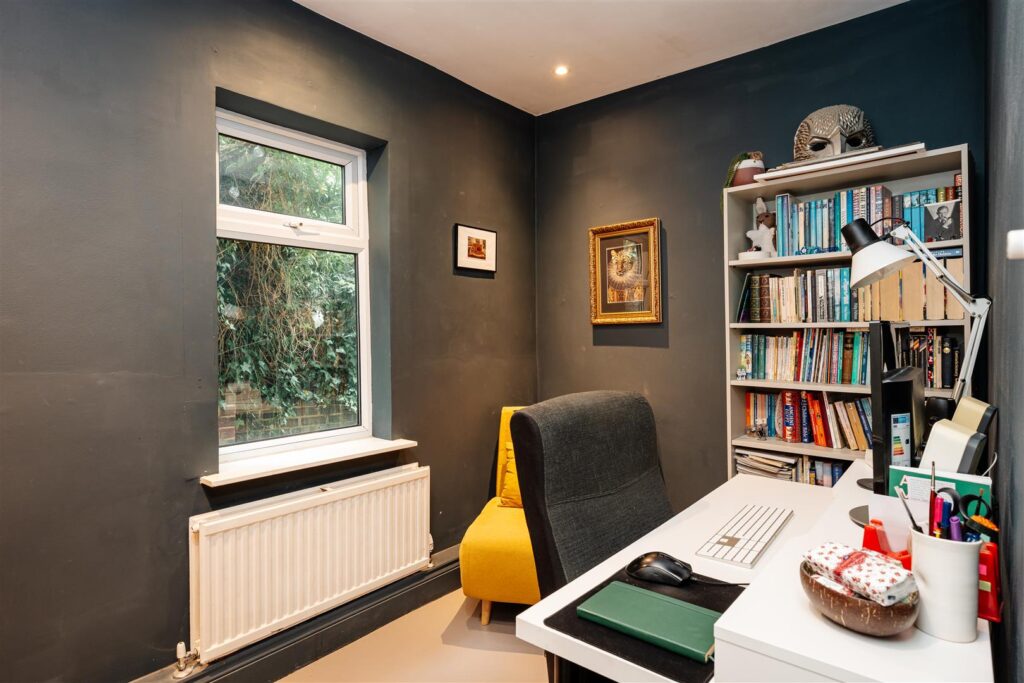
Your Responsibilities Inside the Flat
While managing agents handle communal and structural elements, everything inside your flat is your responsibility.
This includes:
Fixtures, fittings, flooring, plumbing, internal wiring, appliances, and decoration. If a pipe bursts within your property or mould develops due to poor ventilation, you’ll need to address this yourself. Likewise, any renovations or changes to your flat (such as knocking down internal walls, replacing windows, or installing wooden flooring) may require written permission from the managing agent or freeholder. Always check your lease before undertaking work to ensure you stay compliant.
A Collaborative Approach to Living Well
Good building maintenance depends on collaboration. While Brompton Block Management takes the lead on compliance, communal repairs, financial oversight, and long-term planning, your cooperation as a leaseholder is essential. By understanding your role and responsibilities, you can help maintain the value of your home, prevent disputes, and contribute to a well-managed and enjoyable place to live.
If you’re ever unsure about who is responsible for a particular issue, don’t hesitate to get in touch with our team.
We’re here to support you, clarify your obligations, and make your experience of flat ownership as smooth and stress-free as possible.
Brompton Block Management, 85 Stroud Green Road, London, N4 3EG
Article & images by Barefaced Studios
You might also want to read other useful blog articles by clicking here.
_________________________________________________________________________
Please note that all content contained within our website is for informational purposes only. You should not construe any such information or other material as legal, tax, investment, financial, or other advice. All Content on this site is information of a general nature and does not address the circumstances of any particular individual or entity. We advise seeking professional advice from a legal, financial, or other professional.

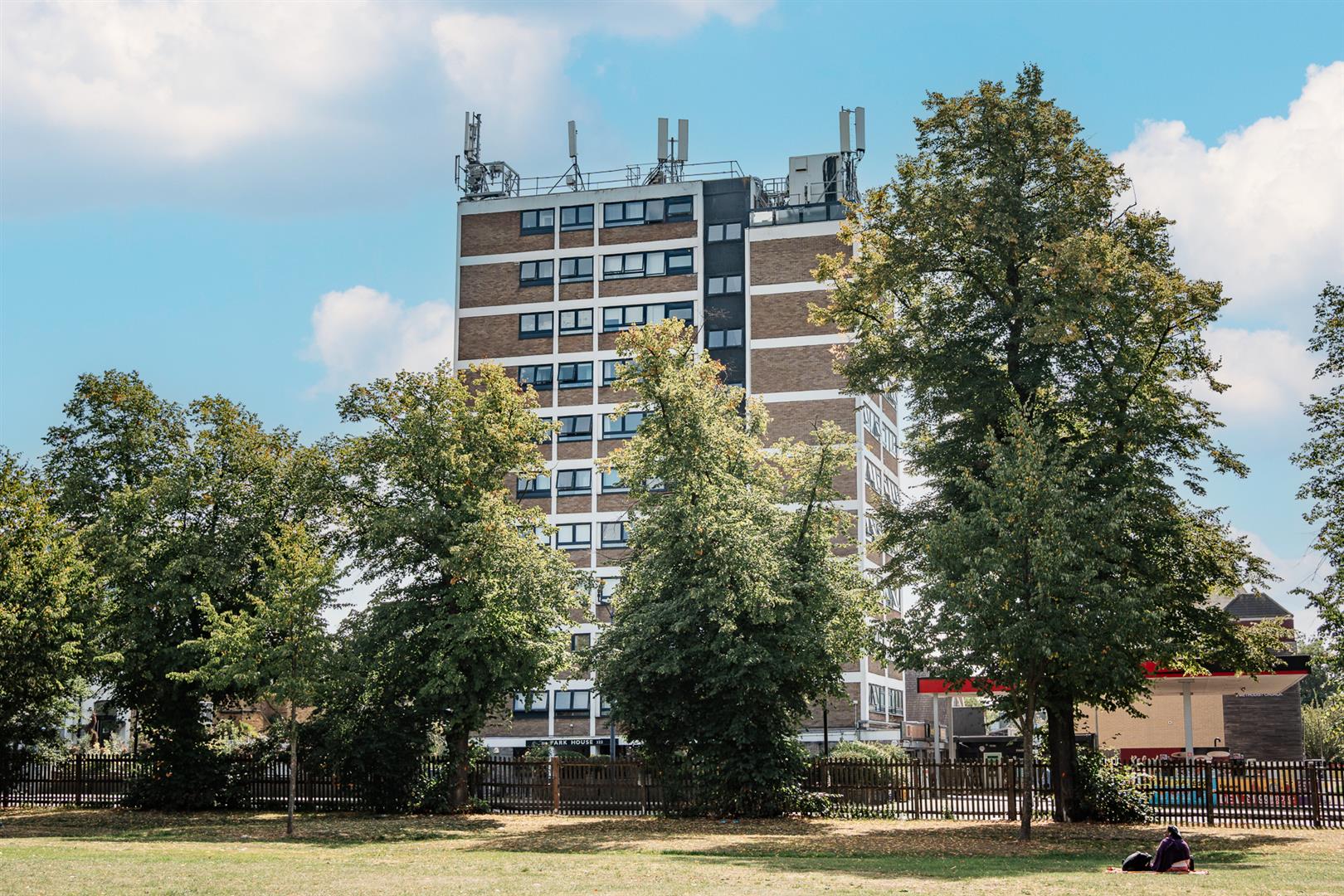 The Dirty Little Secrets of ‘Cheap’ Block Management
The Dirty Little Secrets of ‘Cheap’ Block Management 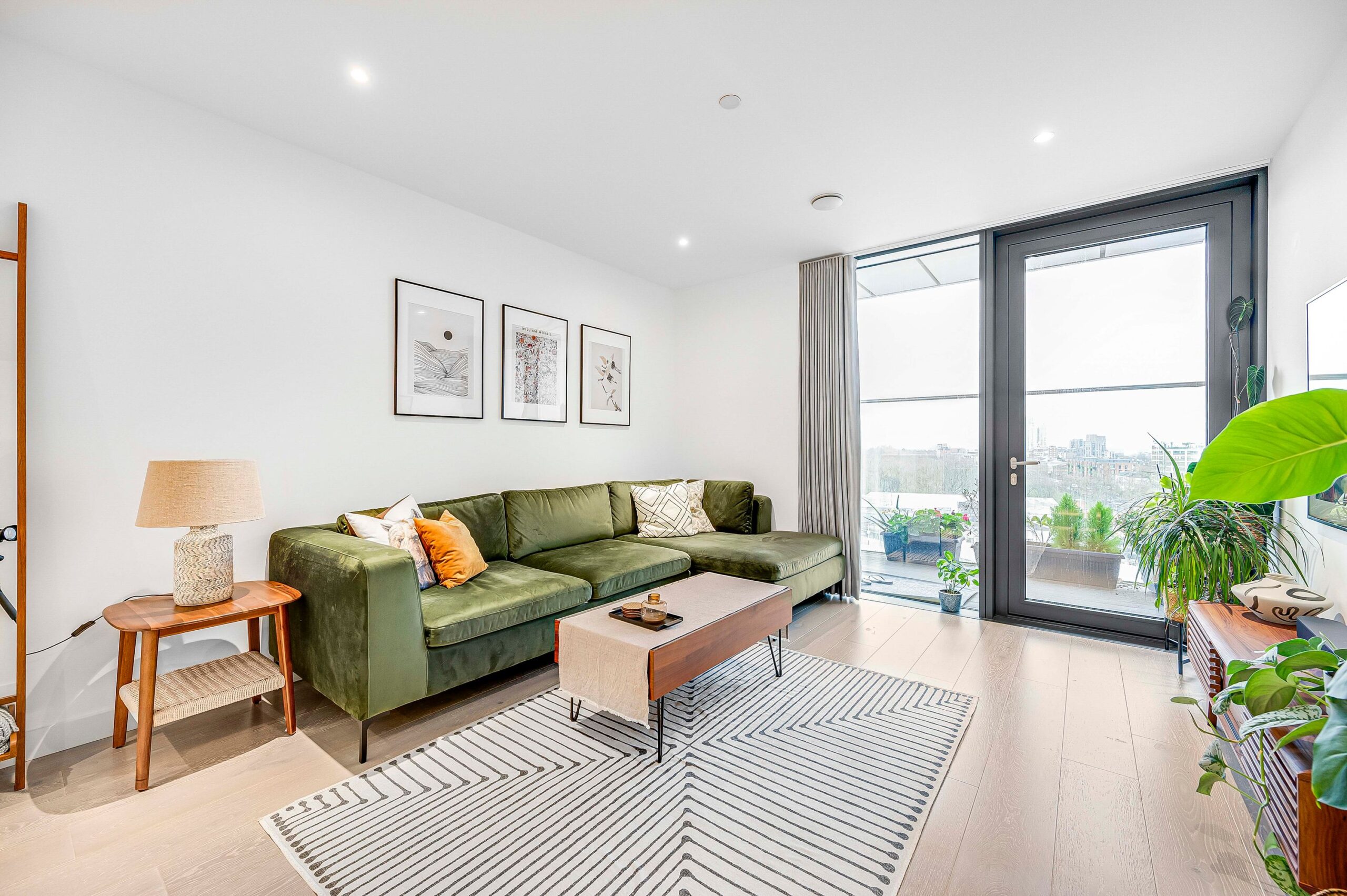 Why It Pays to Have a Draft Block Service Budget
Why It Pays to Have a Draft Block Service Budget 
